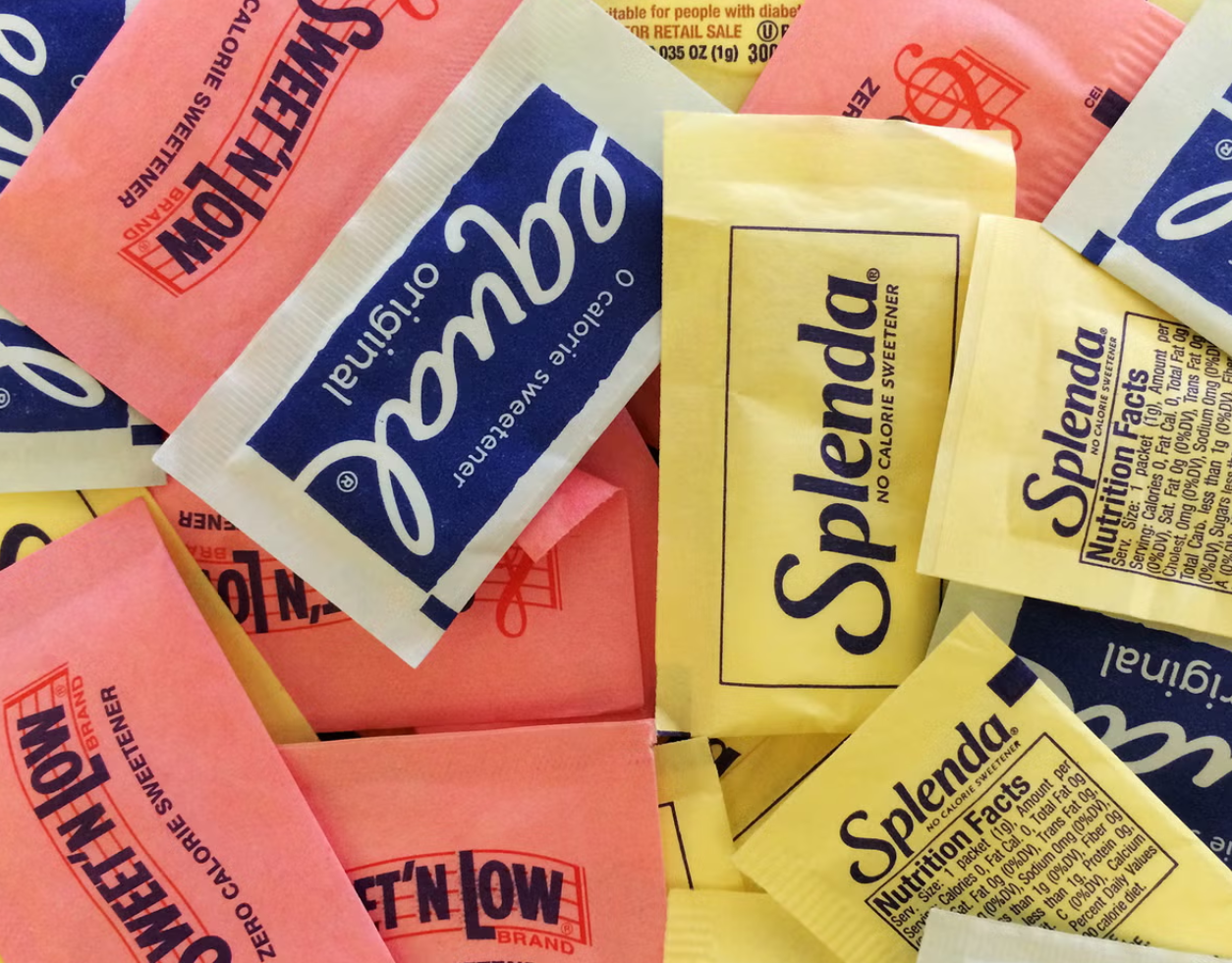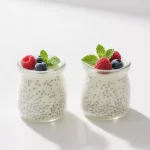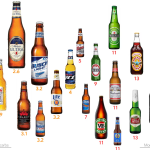Introduction
Sweeteners are everywhere—from your morning coffee to “sugar-free” snacks and diet sodas. For those following a ketogenic or low-carb lifestyle, sweeteners promise the pleasure of sweetness without the metabolic consequences of sugar. But are all sweeteners created equal? How do they impact blood sugar and hormones like insulin? Let’s dive into the science behind natural and artificial sweeteners, separating fact from fiction so you can make informed choices for your health.
1. What Are Sweeteners?
Sweeteners fall into two main categories: nutritive (caloric) and non-nutritive (non-caloric). Nutritive sweeteners, like table sugar (sucrose), honey, and agave, provide calories and raise blood sugar. Non-nutritive sweeteners, such as stevia, sucralose, and aspartame, are much sweeter than sugar and contain little to no calories.
There’s also a third group: sugar alcohols (polyols), like erythritol and xylitol, which provide some calories but are metabolized differently than sugar.
2. How Sweeteners Affect Blood Sugar
The primary concern for many is how a sweetener impacts blood glucose. Here’s a breakdown of common sweeteners and their effects:
- Sucrose (table sugar): Rapidly raises blood sugar and insulin.
- High-fructose corn syrup: Similar to sucrose, with a high glycemic impact.
- Honey, agave, coconut sugar: Natural, but still raise blood sugar.
- Sugar alcohols (erythritol, xylitol, maltitol): Erythritol has almost no effect; xylitol has a small effect; maltitol can raise blood sugar significantly.
- Stevia: No effect on blood sugar.
- Sucralose (Splenda): Generally no effect, but some studies suggest possible minor impacts in certain individuals.
- Aspartame: No effect on blood sugar.
- Monk fruit: No effect on blood sugar.
- Saccharin: No effect on blood sugar.
3. Sweeteners and Hormonal Responses
Blood sugar isn’t the only concern. Sweeteners can also affect hormones, especially insulin, which regulates blood sugar and fat storage. Here’s what the science says:
- Sugar and high-fructose corn syrup: Cause a rapid rise in insulin.
- Maltitol: Can cause a moderate insulin response.
- Xylitol: Causes a small insulin response.
- Erythritol, stevia, sucralose, aspartame, monk fruit: Generally do not trigger insulin release.
However, some studies suggest that the sweet taste alone—regardless of calories—may trigger a small, anticipatory insulin response in some people, a phenomenon called the “cephalic phase insulin response.” This effect is usually minor and varies between individuals.
4. Gut Health and Sweeteners
Some sweeteners, especially sugar alcohols like xylitol and maltitol, can cause digestive discomfort, bloating, or diarrhea in sensitive individuals. Erythritol is usually well-tolerated because most of it is absorbed before reaching the colon.
Artificial sweeteners like sucralose and saccharin have been shown in some studies to alter gut bacteria, but the long-term significance of this is still debated.
5. Appetite, Cravings, and Sweeteners
Do sweeteners help reduce cravings, or do they make you want more sweets? The answer depends on the individual and the sweetener. Some people find that non-nutritive sweeteners help them stick to a low-carb diet, while others experience increased cravings or a tendency to overeat.
6. Which Sweeteners Are Best for Blood Sugar and Hormones?
Based on current research, the following sweeteners have minimal or no impact on blood sugar and insulin for most people:
- Stevia
- Erythritol
- Monk fruit
- Sucralose (in moderation)
- Aspartame (in moderation)
Maltitol and xylitol should be used with caution, especially for those with sensitive blood sugar or digestive systems.
7. Practical Takeaways
- If you’re managing blood sugar or following keto, stick to sweeteners with no glycemic or insulin impact: stevia, erythritol, monk fruit, sucralose, or aspartame.
- Be cautious with sugar alcohols like maltitol and xylitol, especially if you’re sensitive to blood sugar spikes or digestive upset.
- Remember, individual responses vary. If you’re unsure, test your blood sugar after consuming a new sweetener.
- Use sweeteners in moderation. Even “safe” options can trigger cravings or overeating in some people.
8. Conclusion
Sweeteners can be a helpful tool for those seeking to reduce sugar intake, manage blood sugar, or maintain a ketogenic lifestyle. However, not all sweeteners are created equal. Understanding their effects on blood sugar, hormones, and gut health empowers you to make choices that support your goals. When in doubt, opt for natural, non-nutritive sweeteners like stevia, erythritol, or monk fruit, and always listen to your body’s response.
References:
- Gardner, C., et al. (2012). Nonnutritive Sweeteners: Current Use and Health Perspectives. Diabetes Care, 35(8), 1798–1808.
- Sylvetsky, A. C., & Rother, K. I. (2018). Nonnutritive Sweeteners in Weight Management and Chronic Disease: A Review. Obesity, 26(4), 635–640.
- Magnuson, B. A., et al. (2016). Biological fate of low-calorie sweeteners. Nutrition Reviews, 74(11), 670–689.




